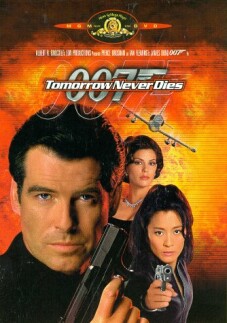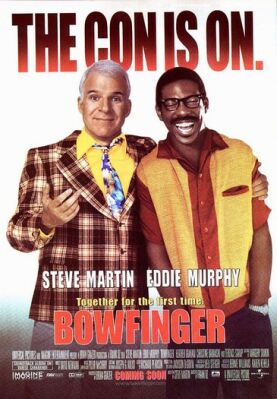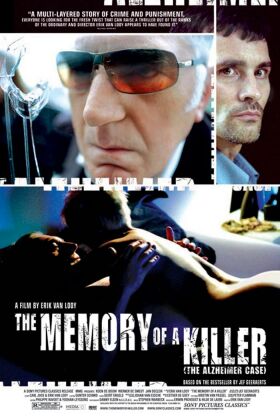Turtles Can Fly
Bahman Ghobadi is an Iranian Kurd by birth, and he received his cinematic education in Tehran. But since A Time for Drunken Horses (2000), he has been crossing and recrossing the dangerous borders that Kurdistan has the misfortune to straddle in order to chronicle the lives of Kurds who have grown used to being caught between heavily armed national armies without any nation of their own. His new film, Turtles Can Fly (Lakposhtha hâm parvaz mikonand), is his best yet and is full of heartbreaking and unforgettable images and characters. Like all the greatest films, it transcends politics, even though it is set on the eve of the American invasion of Iraq in 2003. Ghobadi shrewdly adopts the point of view of the children who are the film’s principal characters and to whom it never occurs to have political views of their own. Politics is something that happens to them.
Or at least to all but the most engaging of its characters, a 15-year-old boy called Satellite (Soran Ebrahim) who leads the other, mostly orphaned children of a Kurdish refugee camp on the Turkish-Iraqi border, in eking out a paradoxical living by what also routinely kills or maims them, namely the mines planted all over near the border, which they dig up and sell in the bustling arms market of a nearby town. One wry political aside: Satellite knows that the middle-man to whom he sells the mines can get a thousand times what he paid for them when he re-sells them to the UN.
Satellite eagerly looks forward to the coming of the Americans and hopes himself to make his way to America where, indeed, his energy and entrepreneurial spirit would be sure to bring him success. Even the tribal elders seem to defer to him when he buys a huge satellite dish on their behalf and then sets it up for them. They naturally assume from the way he shows off his few phrases of English that he can also tell them what President Bush is saying on a news broadcast in which he is announcing the invasion.
“He says it’s going to rain,” says Satellite.
If Satellite represents an irresistible force, the can-do spirit of American optimism, a newcomer to the camp, a boy of about his own age called Hengov (Hiresh Feysal Rahman), is equally representative of the immovable object of Eastern mysticism and fatalism. Hengov — like the refugee actor who plays him — has lost both his arms to mines and now disarms them, appropriately enough, with his teeth. He is said to have the power to predict the future and gives a powerful demonstration of it in saving the lives of some children who are unloading shell casings from a truck.
Traveling with Hengov are his sister, the hauntingly beautiful Agrin (Avaz Latif), and a blind toddler called Riga (Abdol Rahman Karim), supposedly their brother, who clings to the backs of the older children in turn, or else is tethered by a rope around his ankle. At first it seems that Hengov is a rival to Satellite for leadership of the scavenging children of the camp, and there is a comic fight between them in which the armless boy expertly head-butts an overconfident Satellite. But the latter falls even harder for Agrin and attempts to court her, according to what he tells her is the custom of the country, with the help of his highly decorated American-style bicycle.But the trio of Hengov, Agrin and Riga seem to want to keep to themselves and away from everyone else. They are supposed to be in some way victims of the infamous chemical attack on the Kurdish village of Halabjah in 1988, though even the older two are hardly old enough to have been there themselves.
Gradually, however, we learn that Riga is the product of Agrin’s rape by Iraqi soldiers and that, in her shame, she is increasingly desperate to get rid of the child or herself. Or both. When the Americans finally come, as promised both by their enthusiastic backer, Satellite, and the clairvoyant Hengov, they announce their approach with a helicopter dropping leaflets which tell the refugee Kurds that “It’s the end of injustice, misfortune and hardship….We are here to take away your sorrow.” It is a touching display of characteristically American optimism, but by this time even Satellite has had to learn that taking away the sorrows of war is one thing that the military might of America cannot do.
Discover more from James Bowman
Subscribe to get the latest posts to your email.







